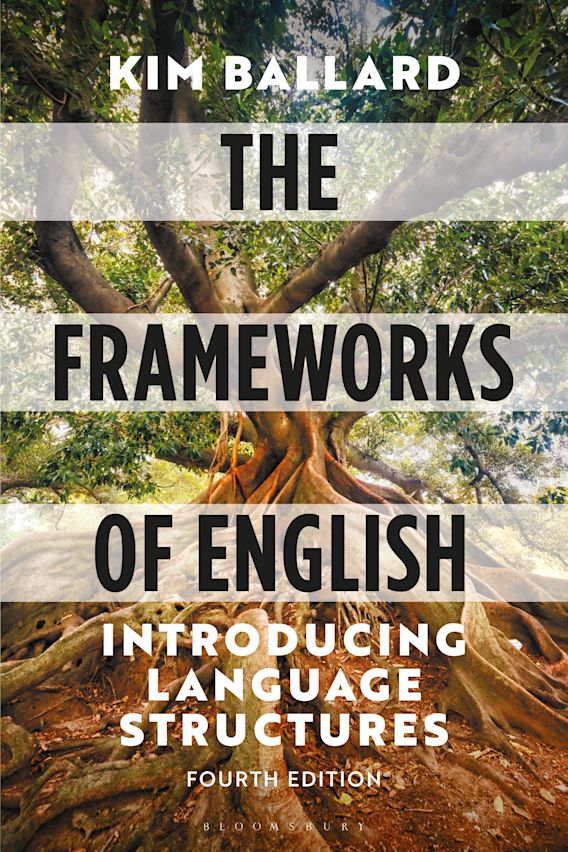


Are you sure you want to reset the form?
Your mail has been sent successfully
Are you sure you want to remove the alert?
Your session is about to expire! You will be signed out in
Do you wish to stay signed in?
Question 1 (Consolidate)
Label the head word and all the premodifying elements in the following noun phrases:
all London’s historical Wren churches
all the historical churches in London
Amy’s favourite blue party shoes
Amy’s very expensive party shoes
Answer
| predeterminer | possessive noun | adjective | proper noun | head noun |
| all | London’s | historical | Wren | churches
|
| predeterminer | central determiner | adjective | head noun | |
| all | the | historical | churches | (in London)
|
| possessive noun | adjective | adjective | noun | head noun |
| Amy’s | favourite | blue | party | shoes
|
| possessive noun | (intensifier + adjective) | noun | head noun |
| Amy’s | very expensive | party | shoes
|
Question 2 (Explore)
It is often observed that premodifying possessive nouns function very much like determiners. Using the following examples, what reasons can you find for this analysis?
all London’s historical churches
London’s many historical churches
Amy’s favourite party shoes
my family’s second home
Answer/discussion
In all four examples, the possessive element can be replaced with a possessive central determiner. For example, Amy’s/her favourite party shoes and London’s/its many historical churches. In the latter example, the emphatic postdeterminer many occurs after London’s, just as it might occur after a possessive determiner: I visited its many historical churches.
Question 3 (Explore)
In these next three examples, do the determiners (underlined) belong to the main noun phrase or to the possessive noun? Can you explain your decision?
all London’s historical churches
my family’s second home
a child’s natural intelligence
Answer
A decision can be made by restructuring the noun phrases using of-constructions:
all London’s historical churches > all (the) historical churches of London
my family’s second home > (the) second home of my family
a child’s natural intelligence > (the) natural intelligence of a child
In the first example, the predeterminer all remains as a determiner to the head noun churches. London is a proper noun and therefore doesn’t typically take a determiner. In the other two examples, however, the determiners are attached to the possessive nouns and move with them into the postmodifying of-constructions. In all three instances, the removal of the possessive element would probably require the resulting gap to be filled with the definite article. In the third example, further proof of the attachment of a to child, is that a/an intelligence is an impossible combination due to intelligence being a non-count noun.
Question 4 (Explore)
In the following examples, the possessive noun comes immediately before the noun and after the other premodifying elements. Can you explain this exception to the normal order, which puts the possessive noun first?
a cold winter’s night
some expensive men’s shoes
a welcome journey’s end
Answer/discussion
In the three given examples, the possessive noun is describing or categorising the head noun rather than expressing ownership. The combination men’s shoes, for example, is comparable to party shoes or walking shoes. A cold winter’s night is comparable to a cold autumn night, although autumn is not in the possessive form. Journey’s end is a frequently used combination, almost with the force of a compound noun.

.